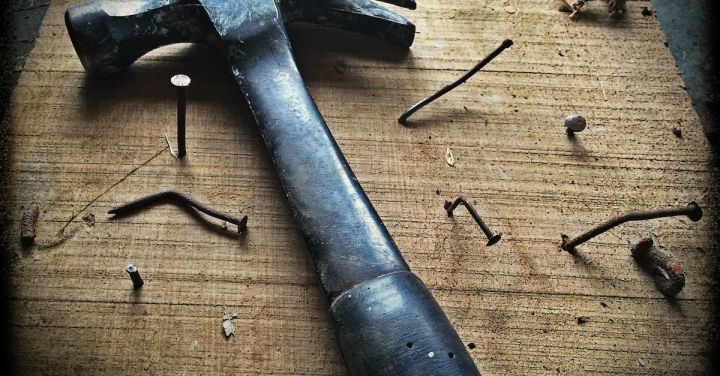Are Diy Workshops Kid-friendly?

Introduction:
DIY (do-it-yourself) workshops have gained popularity in recent years, offering people the opportunity to learn new skills and create unique projects. But are these workshops suitable for children? In this article, we will explore the world of DIY workshops and determine if they are truly kid-friendly.
What are DIY workshops?
DIY workshops are hands-on classes where participants learn to create various projects using their own skills and creativity. These workshops cover a wide range of activities, from woodworking and painting to pottery and jewelry making. They provide a great platform for individuals to express their creativity and learn new skills in a fun and interactive environment.
The benefits of DIY workshops for children:
1. Enhancing creativity: DIY workshops encourage children to think outside the box and come up with unique ideas. By engaging in hands-on activities, they learn to think creatively and solve problems on their own.
2. Building confidence: Completing a project from scratch gives children a sense of accomplishment and boosts their self-esteem. It teaches them that they are capable of creating something beautiful and valuable.
3. Developing fine motor skills: Many DIY projects require precise hand movements, such as cutting, sanding, and painting. By practicing these skills, children improve their hand-eye coordination and dexterity.
4. Fostering teamwork: Some DIY workshops involve group projects, where children learn to collaborate and work together towards a common goal. This helps them develop essential teamwork and communication skills.
Choosing the right DIY workshop for children:
Not all DIY workshops are suitable for children. When selecting a workshop for your child, consider the following factors:
1. Age appropriateness: Make sure the workshop is designed for your child’s age group. Some workshops may have age restrictions due to safety concerns or the complexity of the projects.
2. Safety measures: Ensure that the workshop provides a safe environment for children. Check if they have proper safety equipment and trained instructors who can guide the children throughout the process.
3. Hands-on activities: Look for workshops that offer hands-on activities rather than just demonstrations. Children learn best when they can actively participate and engage with the materials and tools.
4. Fun factor: Opt for workshops that incorporate elements of fun and excitement. Children are more likely to enjoy the experience if it feels like a playful adventure rather than a tedious task.
Conclusion:
DIY workshops can be a wonderful opportunity for children to explore their creativity, enhance their skills, and gain confidence. However, it is crucial to choose the right workshop that is age-appropriate, safe, and engaging. By doing so, you can ensure that your child has an enjoyable and enriching experience in the world of DIY. So, the next time you come across a DIY workshop, don’t hesitate to consider if it is kid-friendly and watch your child’s imagination soar.